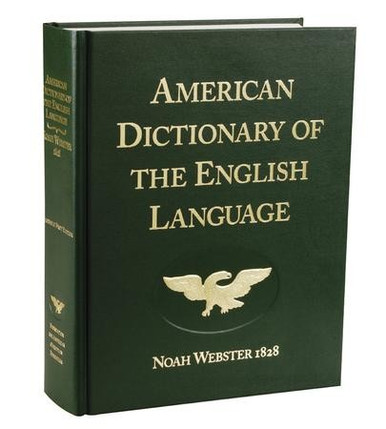- Nov 23, 2021
- 746
- 270

Bible Gateway passage: 2 Chronicles 9 - English Standard Version
The Queen of Sheba - Now when the queen of Sheba heard of the fame of Solomon, she came to Jerusalem to test him with hard questions, having a very great retinue and camels bearing spices and very much gold and precious stones. And when she came to Solomon, she told him all that was on her mind...
2 Chronicles 9:25:
“And Solomon had 4,000 stalls for horses and chariots, and 12,000 horsemen, whom he stationed in the chariot cities and with the king in Jerusalem.”
[ESV, or English Standard Version]
Last edited:



